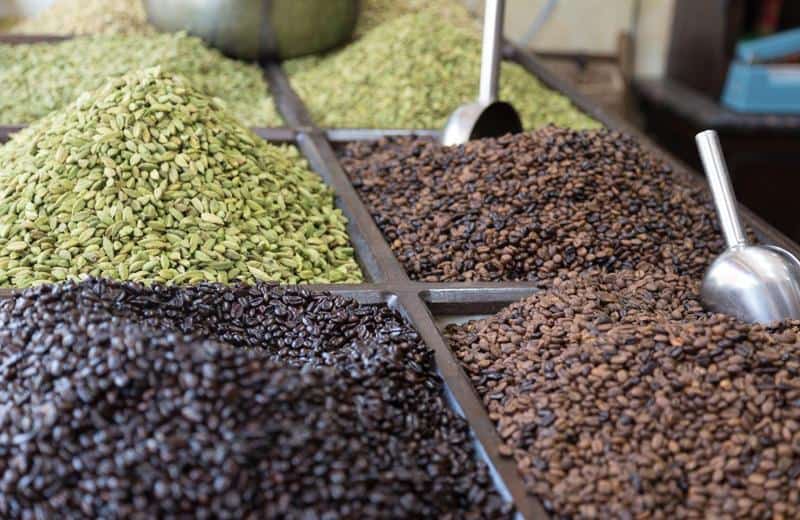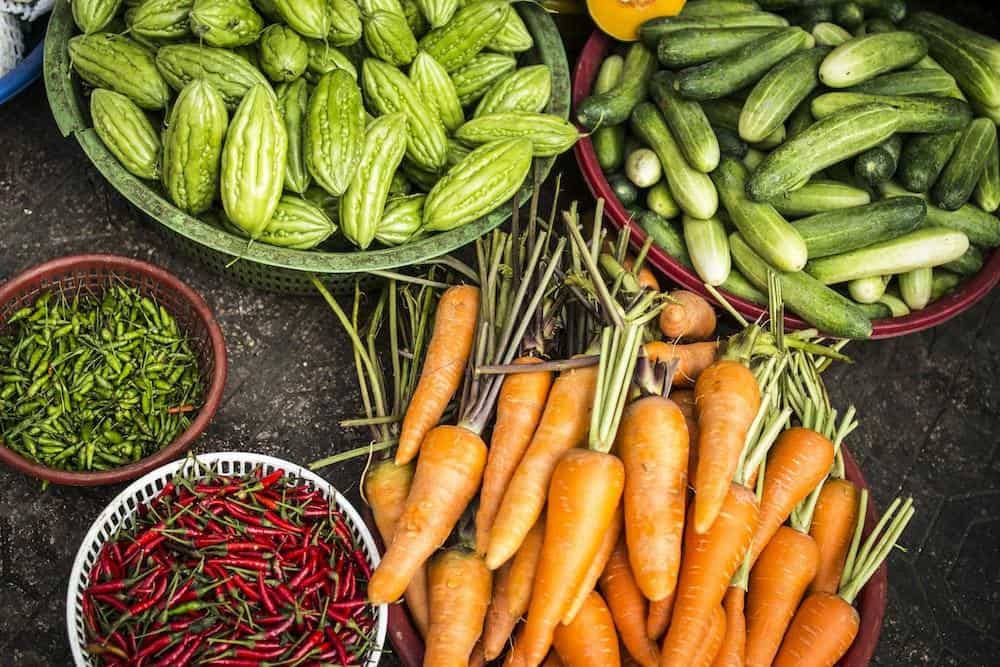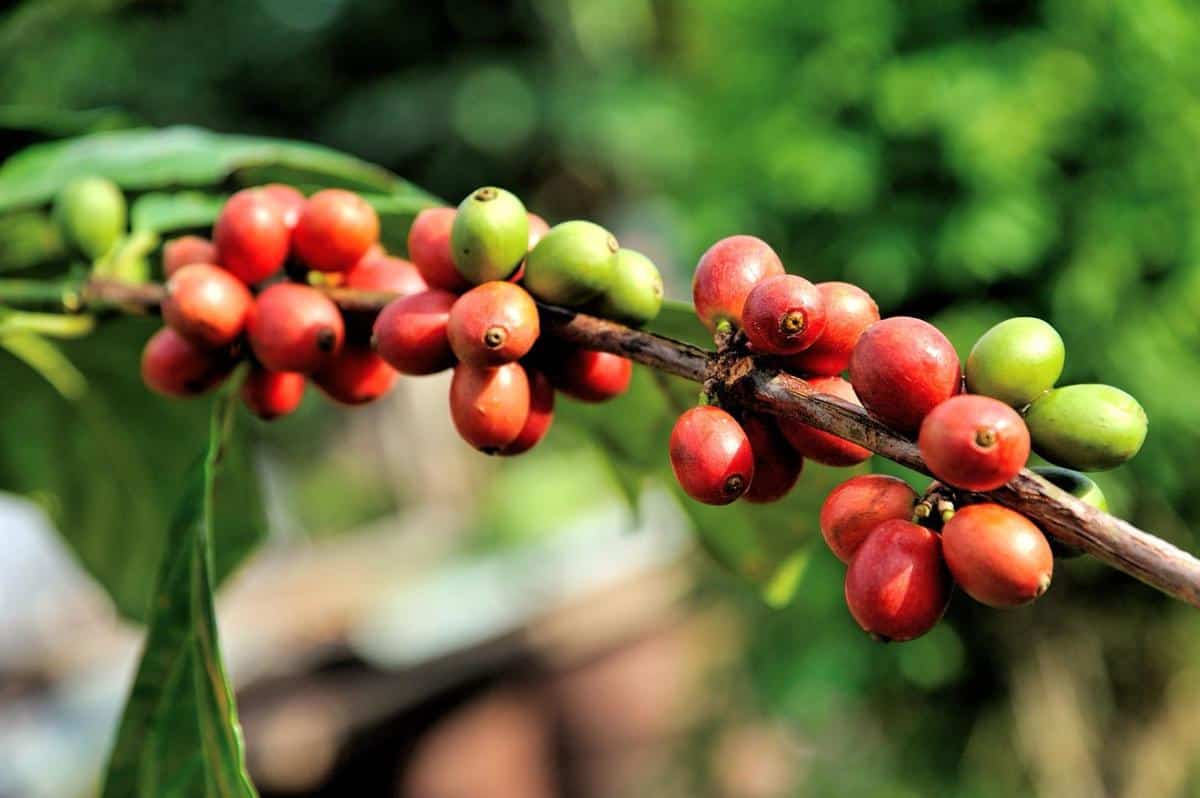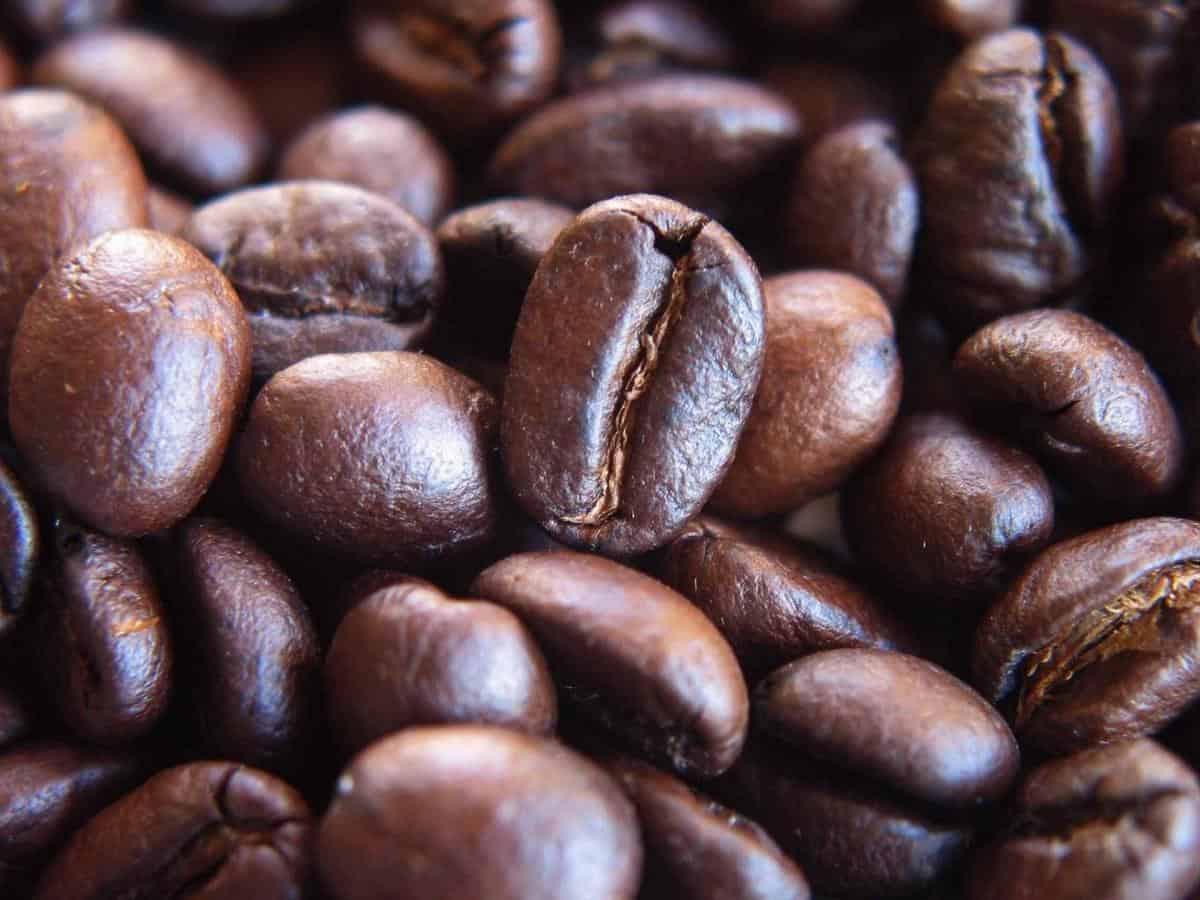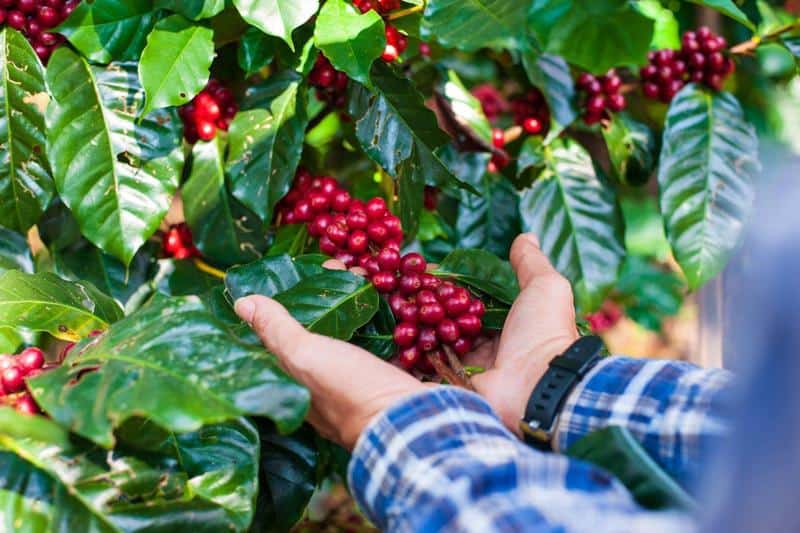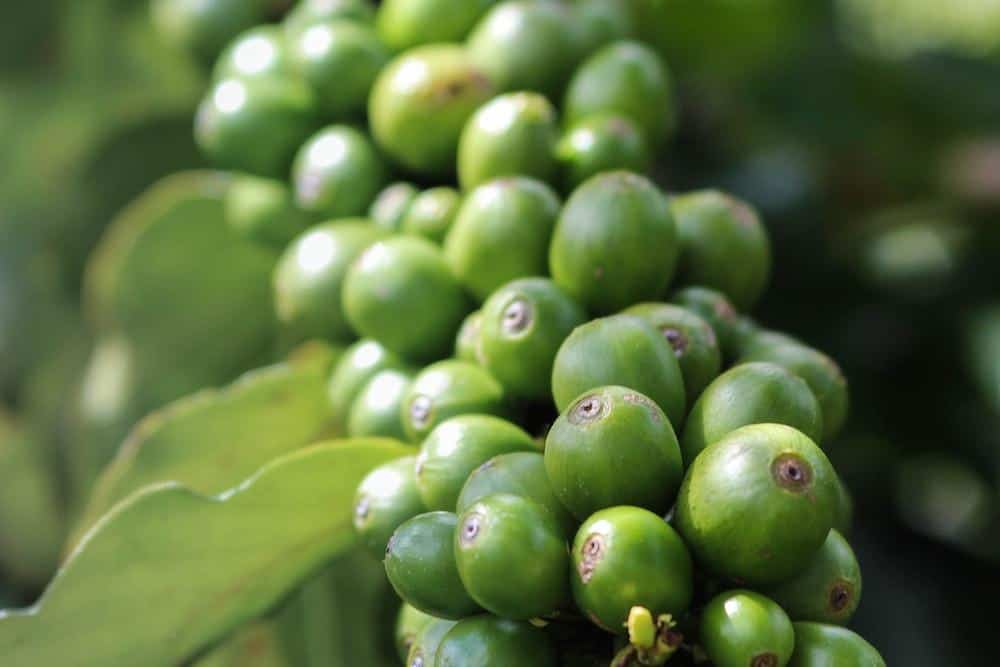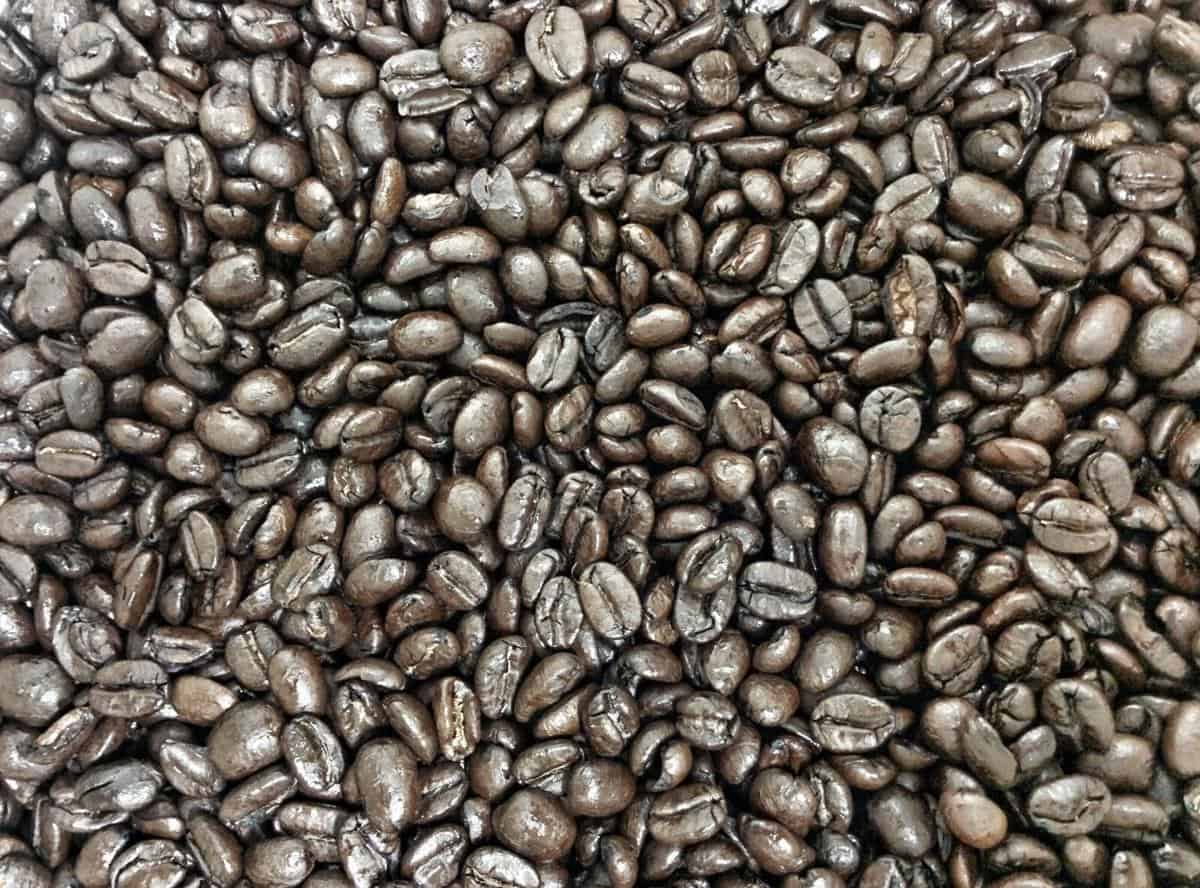When it comes to classifying coffee, the debate rages on. Is it a beverage? A stimulant? Or perhaps a vegetable? Yes, you read that correctly. The question of whether coffee can be considered a vegetable has been met with curiosity and confusion by many. In this article, we delve into the controversy surrounding this intriguing query and explore the misconceptions that surround coffee’s classification.
Coffee, a vegetable? It seems like an unlikely pairing, but the topic has gained traction in recent years. As we sip our morning cup of joe or indulge in a creamy cappuccino, some may wonder if they are savoring a serving of vegetables. To truly understand this conundrum, we must first address the misconceptions that contribute to the debate.
Classification is at the heart of the issue. Traditionally, coffee is regarded as a beverage made from roasted coffee beans.
However, this overlooks the fact that coffee beans come from plants and share similarities with other plant-based foods, leading some to ponder its categorization as a vegetable. As we embark on this exploration into coffee’s classification, we will uncover the truth behind these claims and shed light on how botanists define vegetables versus other botanical entities such as coffee.
Intrigued yet puzzled by the concept of coffee as a vegetable? Join us on this journey through the world of coffee classification and discover what sets it apart from traditional vegetables while exploring its hidden qualities and potential health benefits. Don’t let your morning cup of java be met with confusion any longer – let’s separate fact from fiction and find out once and for all: is coffee truly a vegetable?
Coffee vs. Vegetables
When it comes to classifying coffee, the confusion arises from its association with vegetables due to its plant-based nature. However, it is important to understand that coffee beans are not botanically classified as vegetables like leafy greens or root crops. Coffee belongs to the family Rubiaceae and is derived from the Coffea plant, while vegetables are generally classified under different families such as Brassicaceae or Solanaceae.
One of the key distinctions between coffee and vegetables lies in their structures. Vegetables consist of various edible parts such as leaves, stems, roots, flowers, or even bulbs depending on the type of vegetable. On the other hand, coffee beans are actually seeds that are extracted from the fruit of the Coffea plant. This distinction in their anatomical makeup showcases how coffee diverges from traditional vegetables.
Another significant difference between coffee and vegetables lies in their culinary usage. Vegetables are commonly consumed in savory dishes and salads for their flavors, textures, and nutritional benefits. On the contrary, coffee is primarily brewed into a beverage known for its stimulating properties and distinct flavor profile. While some culinary enthusiasts may experiment with using coffee in savory recipes or desserts, this usage remains more uncommon compared to traditional vegetables.
| Aspect | Coffee | Vegetables |
|---|---|---|
| Botanical Classification | Rubiaceae (Coffea plant) | Varies (Brassicaceae, Solanaceae, etc.) |
| Anatomical Makeup | Seeds extracted from fruit | Consist of edible parts like leaves, stems, roots, etc. |
| Culinary Usage | Brewed into a beverage | Consumed in savory dishes, salads, etc. |
The Nutritional Profile
The Composition of Coffee Beans
Coffee beans are not typically seen as a source of nutrition, but they actually contain several essential nutrients. According to the United States Department of Agriculture (USDA) National Nutrient Database, a standard 8-ounce cup of brewed coffee contains important vitamins and minerals such as riboflavin, pantothenic acid, potassium, manganese, and magnesium. These nutrients play crucial roles in supporting various bodily functions including energy production, brain health, and maintaining healthy blood pressure levels.
Antioxidants in Coffee
One notable aspect of coffee’s nutritional profile is its high antioxidant content. Antioxidants are compounds that help protect our cells from damage caused by harmful molecules known as free radicals. In fact, research has shown that coffee is one of the top contributors to antioxidant intake in many Western diets. Some studies have even suggested that drinking coffee may reduce the risk of certain chronic diseases such as type 2 diabetes, Parkinson’s disease, and certain types of cancer.
Caffeine: More than Just a Stimulant
Another key component of coffee is caffeine. While caffeine is often associated with its stimulant effects on the central nervous system, it also has other physiological effects. Caffeine acts as a mild diuretic and can temporarily increase metabolism. Additionally, caffeine has been found to enhance cognitive function and improve physical performance when consumed in moderation.
Despite these nutritional qualities, it’s important to note that coffee should not be relied upon as a primary source of essential nutrients. A well-rounded diet that includes a variety of fruits, vegetables, whole grains, lean proteins, and dairy or plant-based alternatives is still necessary for optimal health.
Phytochemicals
Coffee is not only a popular beverage but also a rich source of various bioactive compounds and antioxidants. These health-promoting compounds, known as phytochemicals, are found in abundance in coffee beans, contributing to the potential health benefits associated with coffee consumption. In this section, we will uncover the presence of phytochemicals in coffee and discuss the potential health benefits they offer.
Phytochemicals are naturally occurring compounds produced by plants that have been known to have numerous positive effects on human health. Coffee beans contain a diverse range of phytochemicals, including chlorogenic acids, melanoidins, caffeine, and trigonelline.
Chlorogenic acids are one of the most abundant groups of phytochemicals found in coffee and are responsible for its characteristic bitter taste. These compounds have been found to exhibit antioxidant properties and may help protect against chronic diseases such as cardiovascular disease and type 2 diabetes.
Another important group of phytochemicals present in coffee is melanoidins. These complex molecules are formed during the roasting process and contribute to the rich flavor and aroma of coffee. Melanoidins have shown antioxidant activity and may play a role in reducing inflammation in the body.
Caffeine, perhaps one of the most well-known phytochemicals in coffee, acts as a stimulant on the central nervous system. It can enhance alertness, improve cognitive function, and increase metabolism. Trigonelline is another compound found in coffee that has been studied for its potential anti-inflammatory and antimicrobial properties.
| Phytochemical | Potential Health Benefits |
|---|---|
| Chlorogenic acids | – Antioxidant activity
|
| Melanoidins | – Antioxidant activity
|
| Caffeine | – Increased alertness
|
| Trigonelline | – Potential anti-inflammatory properties
|
Myth vs. Reality
The Coffee-Addict Stereotype
One common misconception about coffee is the belief that people who consume it regularly are dependent or addicted to caffeine. While it is true that coffee contains caffeine, a stimulant, research has shown that moderate consumption of coffee does not lead to addiction.
In fact, the Diagnostic and Statistical Manual of Mental Disorders (DSM-5) does not classify caffeine use disorder as a formal diagnosis. This means that enjoying a cup or two of coffee each day is unlikely to result in dependence or withdrawal symptoms.
Stunting Growth: The Tall Tale
Another myth surrounding coffee is that it inhibits growth in children and teenagers. However, there is little scientific evidence to support this claim. The idea likely stems from the fact that caffeine can temporarily stunt bone growth by interfering with calcium absorption. However, this effect is minimal and only temporary. Moderate coffee consumption is generally safe for individuals of all ages, including young people.
The Dehydrating Effect
It is often said that drinking coffee can dehydrate the body due to its diuretic properties. While it’s true that coffee may have a mild diuretic effect, studies have shown that regular moderate consumption does not lead to dehydration.
The amount of fluid in a cup of coffee still contributes to overall hydration and does not outweigh the benefits of fluid intake. In fact, according to the European Food Safety Authority (EFSA), caffeinated beverages like coffee can be included in daily fluid intake calculations.
By debunking these common misconceptions about coffee, it becomes clear that while there may be some truths associated with its effects on certain aspects of health, many claims do not hold up under scientific scrutiny. It’s important to evaluate information critically and rely on reputable sources when understanding the potential benefits and risks associated with consuming different foods and beverages, including coffee.
The Role of Coffee in a Healthy Lifestyle
Coffee has long been a staple in many people’s daily routine, providing a jolt of energy and a comforting aroma to start the day. But what role does coffee play in a healthy lifestyle? Can it be considered part of a balanced diet? Let’s explore the potential health risks and benefits of coffee consumption.
1. Antioxidant Powerhouse:
Coffee is known to be rich in antioxidants, which are compounds that help protect the body against damage caused by harmful molecules called free radicals. In fact, studies have shown that coffee is one of the primary sources of antioxidants in the Western diet. These antioxidants, such as chlorogenic acid and caffeic acid, can help reduce inflammation, lower the risk of chronic diseases like heart disease and certain types of cancer, and support overall cellular health.
2. Cognitive Performance:
One of the most well-known effects of coffee is its ability to improve cognitive performance and increase alertness. This is due to its high caffeine content, which acts as a stimulant on the central nervous system. Caffeine blocks adenosine receptors in the brain, leading to increased dopamine production and enhanced mental focus and concentration. Moderate caffeine intake has even been linked to a reduced risk of neurodegenerative diseases like Alzheimer’s and Parkinson’s.
3. Metabolic Boost:
Another benefit associated with coffee consumption is its potential role in boosting metabolism. Caffeine has been shown to increase thermogenesis, or calorie burning, which may aid in weight management. Additionally, caffeine can stimulate fat oxidation and improve exercise performance by increasing endurance and reducing perceptions of fatigue.
While coffee can have its benefits when consumed in moderation as part of a healthy lifestyle, it’s important to remember that individual responses to caffeine can vary greatly. Some individuals are more sensitive than others and may experience negative side effects like anxiety or disrupted sleep patterns with too much caffeine intake. It’s always recommended to listen to your body and consume coffee in moderation.
Coffee and Sustainability
When considering the question of whether coffee is a vegetable, it is important to explore its environmental impact. Coffee production can have significant environmental repercussions, and this section seeks to examine them.
Coffee farming involves clearing land for cultivation, often leading to deforestation. The loss of trees contributes to habitat destruction and can result in the displacement of various plant and animal species. Additionally, clearing land for coffee farming increases soil erosion, leading to decreased soil fertility and water pollution from runoff.
The production process also requires large amounts of water for irrigation, processing, and washing coffee beans. This can lead to excessive water usage in regions where access to clean water is already scarce. Moreover, coffee farming typically relies on chemical fertilizers and pesticides that can contaminate nearby water sources and harm local ecosystems.
To mitigate these environmental concerns, sustainable farming practices have been introduced within the coffee industry. For instance, shade-grown coffee has gained popularity as it preserves biodiversity by maintaining the natural tree cover in coffee plantations. Organic certification programs promote the use of natural fertilizers and pesticides, reducing chemical runoff into water bodies.
Fair-trade initiatives aim to ensure that farmers receive fair wages while promoting environmentally friendly practices. These programs encourage transparency in the supply chain and provide economic opportunities for small-scale growers who might otherwise struggle to compete with larger producers.
Cultural Perspectives
Coffee has long been revered as a beloved beverage across cultures, but its uses in the culinary world extend beyond a simple morning pick-me-up. Coffee has found its way into countless recipes and dishes, bringing a unique and complex flavor profile to various cuisines worldwide. In this section, we will explore the cultural perspectives on coffee as a culinary ingredient and evaluate its inclusion alongside traditional vegetables.
One of the most famous examples of coffee’s role in cuisine comes from Ethiopia, where coffee originates. Coffee is not only consumed as a beverage in Ethiopia; it also plays an integral part in their culinary traditions. One popular dish that showcases coffee is “daddawa,” a spicy fermented bean condiment made with coffee pulp. This condiment adds depth and richness to stews and sauces, enhancing the overall flavor profile of the dish.
In addition to Ethiopia, many other cultures have incorporated coffee into their culinary repertoire. In Turkey, “Turkish coffee” holds immense cultural significance, brewed using finely ground coffee beans and traditionally served with local sweets. Arabic cuisine often features “qahwa,” a spiced cardamom-infused coffee often enjoyed after meals. And in Italy, espresso finds its way into various dessert recipes such as tiramisu, adding a bold and bitter note to the creamy concoction.
Overall, the use of coffee as a culinary ingredient speaks to its versatility and ability to enhance flavors in diverse ways. While it may not be classified as a traditional vegetable per se, coffee adds complexity and depth to dishes just like vegetables do. Its inclusion alongside vegetables showcases how different ingredients can work together harmoniously to create unique and delicious culinary experiences.
Examples of Cultural Uses of Coffee:
- Ethiopia – Daddawa: Spicy fermented bean condiment made with coffee pulp
- Turkey – Turkish Coffee: Finely ground coffee traditionally served with sweets
- Arabic Cuisine – Qahwa: Spiced cardamom-infused coffee, often consumed after meals
- Italy: Espresso in desserts like Tiramisu
Conclusion
In conclusion, after thoroughly examining the botanical classification, nutritional profile, phytochemical content, and cultural usage of coffee, it is clear that coffee cannot be classified as a vegetable. While there may be some similarities in terms of certain compounds or culinary applications, the fundamental differences between coffee and traditional vegetables are too significant to overlook.
Firstly, the botanical classification of coffee beans does not align with that of vegetables. Coffee beans come from the Coffea plant family, which is distinct from the botanical families that encompass common vegetables such as leafy greens or root crops. This key distinction highlights the separate evolutionary origin and biological characteristics of coffee.
Secondly, although coffee does contain certain nutrients and antioxidants beneficial to our health, its overall nutritional profile differs significantly from that of vegetables. Vegetables are typically rich in vitamins, minerals, fiber, and other essential micronutrients, whereas coffee primarily provides caffeine as its active component. While caffeine can have potential benefits when consumed in moderation, it is not comparable to the wide range of nutrients offered by vegetables.
Finally, while coffee has found its place as a versatile culinary ingredient worldwide, it is rarely used in recipes as a replacement for traditional vegetables. Its role is often focused on providing flavor or enhancing other ingredients rather than serving as a crucial source of nutrition. This further emphasizes the distinction between coffee and vegetables in terms of their culinary importance.
In light of these considerations, it can be concluded that coffee is not a vegetable. Its unique biological classification, nutritional composition, and culinary usage set it apart from traditional vegetables. Coffee should instead be recognized for its distinctive qualities and enjoyed as part of a balanced diet rather than being equated with staple plant-based foods like vegetables.
Frequently Asked Questions
Is coffee a vegetable product?
Coffee is not a vegetable product. Vegetables generally refer to edible parts of plants such as leafy greens, root vegetables, or legumes. While coffee is derived from the seeds of a plant, it does not fall into the category of vegetables.
What food category is coffee in?
Coffee belongs to the beverage category rather than a specific food category. It is primarily consumed as a hot or cold drink and is classified as a caffeinated beverage. In terms of its composition, coffee contains various compounds that provide both taste and aroma.
Is coffee a bean or a fruit?
Coffee is technically considered a fruit. The coffee plant produces fruits referred to as “cherries,” which contain the coffee beans inside them. These cherries have a skin-like outer layer, flesh-like pulp, and two seeds (coffee beans) at the center.
Is coffee a seed or a bean?
Coffee can be considered both a seed and a bean. Strictly speaking, the internal part of the cherry that contains the coffee bean is referred to as a seed since it has the potential for becoming a new plant when cultivated under suitable conditions. However, colloquially it is often referred to as a bean due to its bean-like appearance.
Do vegetarians drink coffee?
Yes, vegetarians do consume coffee in general. As coffee is derived from plant-based sources (coffee beans representing seeds from the coffee cherry), it falls within vegetarian dietary options because no animals are involved in its production process or end product.
However, individual choices may vary among vegetarians based on personal preferences or specific dietary restrictions they adhere to within their vegetarian lifestyle.

